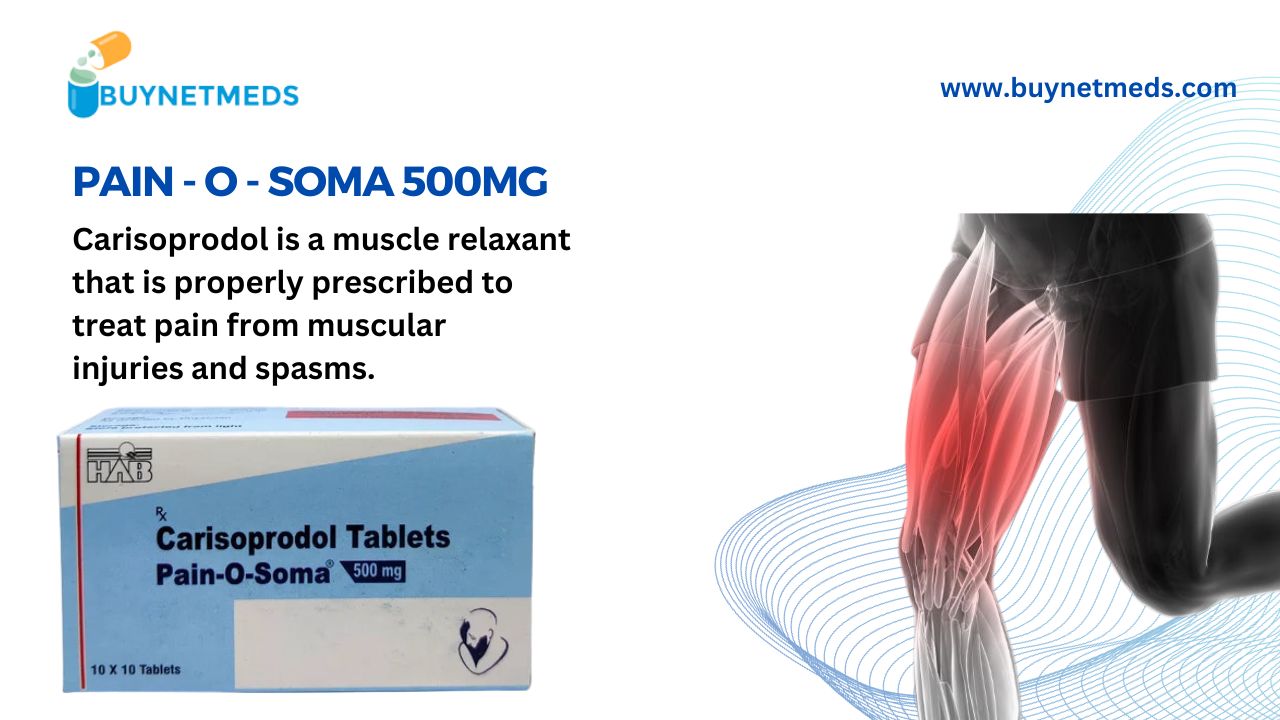Muscle pain, also known medically as myalgia, is a common ailment that affects people of all ages and backgrounds. It can be caused by a variety of factors, affecting different muscle groups and interfering with daily life. Understanding the intricacies, causes, and management of muscular pain is critical for promoting overall well-being and quality of life.
Understanding Muscle Pain:
Muscle discomfort can present as aching, tightness, stiffness, or soreness in the afflicted muscles. It could be the outcome of:
Overexertion or Strain: Engaging in hard physical activity or lifting heavy objects beyond the body’s capabilities can create muscular strains or micro-tears, resulting in pain.
Injuries: Trauma from accidents, falls, or sports-related incidents can injure muscles, resulting in acute or persistent discomfort.
Inflammation: Conditions such as fibromyalgia, myositis, or autoimmune disorders can cause widespread muscle discomfort due to inflammation or immune system dysfunction.
Medical illnesses: Muscle pain can be an indication of underlying health problems such as infections, metabolic abnormalities, or neurological illnesses.
The Importance of Awareness:
Early Detection and Treatment: Understanding muscular pain allows people to spot potential warning signals of serious underlying diseases or injuries, encouraging appropriate medical intervention and preventing complications.
Improved Management measures: Understanding the causes and types of muscular pain enables for the implementation of suitable management measures. This includes rest, sufficient hydration, stretching exercises, heat or cold therapy, and seeking expert medical guidance when necessary.
Prevention of Future Injuries: Being aware of the elements that contribute to muscular pain allows individuals to adopt preventive actions. This involves thorough warm-ups before physical activity, employing right techniques throughout workouts, and maintaining excellent posture.
Enhanced Quality of Life: By understanding muscular pain and its triggers, individuals may make informed lifestyle choices that reduce discomfort, improve mobility, and improve overall quality of life.
Management and Treatment:
Rest and Activity Modification: Resting afflicted muscles is critical for recovery. Returning to activities gradually, avoiding overexertion, and altering movements might help prevent re-injury.
Physical Therapy: Structured exercise regimens created by physical therapists can help strengthen muscles, increase flexibility, and reduce discomfort.
drugs: Depending on the underlying cause, healthcare providers may offer over-the-counter pain painkillers, muscle relaxants such as Pain O Soma 500mg contains carisoprodol, or prescription drugs to treat muscle discomfort.
Alternative Therapies: Techniques such as massage therapy, acupuncture, or chiropractic care may provide relief and supplement traditional treatments.
Psychological Impact:
Understanding the psychological impact of muscle pain is equally vital. Chronic or severe muscle pain can affect mental health, leading to stress, anxiety, or depression. The persistence of pain might impact daily activities, social interactions, and overall emotional well-being. Acknowledging the emotional toll of prolonged discomfort encourages seeking support from mental health professionals, family, or support groups, aiding in coping with the challenges associated with chronic pain.
Lifestyle Modifications:
Emphasizing the role of lifestyle modifications is pivotal. Maintaining a healthy lifestyle with regular exercise, balanced nutrition, adequate hydration, and stress management techniques plays a fundamental role in managing and preventing muscle pain. Engaging in activities that promote muscle strength, flexibility, and endurance helps in preventing muscle imbalances and reducing the risk of injury or chronic pain conditions.
Education and Empowerment:
Promoting education and awareness about muscle pain empowers individuals to actively participate in their health care. This knowledge enables informed decision-making, encouraging individuals to advocate for themselves when seeking medical assistance, discussing treatment options, and managing their pain effectively.
Holistic Approach:
Adopting a holistic approach that combines medical intervention, self-care strategies, and emotional support is essential for managing muscle pain comprehensively. Holistic treatments consider the interconnectedness of physical, emotional, and social aspects of health, contributing to a more well-rounded approach to pain management.
Inclusive Support Systems:
Creating supportive environments that acknowledge and accommodate individuals experiencing muscle pain fosters inclusivity and understanding. Employers, educational institutions, and communities can implement policies and practices that accommodate individuals with chronic pain, promoting participation and productivity.
Final Thoughts:
In summary, recognizing the importance of understanding muscle pain extends beyond mere physical discomfort. It encompasses various aspects of health, including mental well-being, lifestyle choices, and access to support systems. Prioritizing awareness, education, and a holistic approach to managing muscle pain can significantly impact individuals’ lives, enabling them to navigate and mitigate the challenges associated with muscle discomfort effectively. Seeking professional guidance and embracing a proactive attitude toward managing muscle pain empowers individuals to lead fulfilling, pain-free lives.
Conclusion:
Understanding muscular discomfort is critical for identifying causes, implementing prevention measures, and applying appropriate management options. Individuals can take proactive efforts to reduce discomfort, prevent accidents, and maintain optimal musculoskeletal health by understanding the relevance of muscular pain awareness. Consulting healthcare specialists for correct diagnosis and guidance provides appropriate treatment and promotes a healthier, pain-free living. Prioritizing awareness and understanding regarding muscular discomfort ultimately empowers individuals to take charge of their well-being and live more fulfilled lives.
Visit: Buynetmeds
